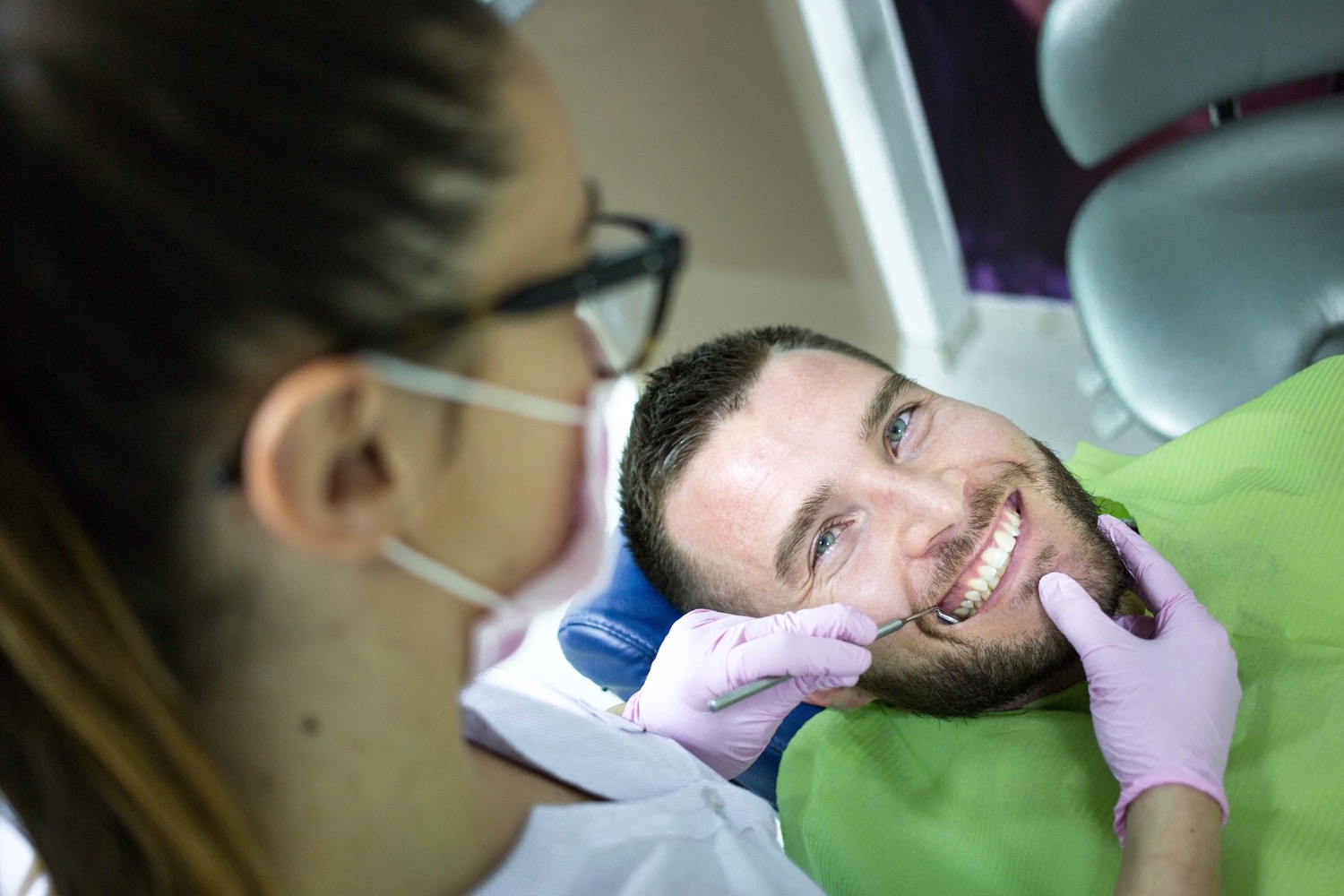5 Best Denture Adhesives for Bone Loss
- Dr.Nineska STUDIO DENTISTICO
- Mar 24, 2024
- 3 min read
Bone loss in the jawbone is a common consequence of missing teeth. This can lead to ill-fitting dentures that slip, click, and cause discomfort when eating or speaking. The good news is that there isn't a one-size-fits-all solution, but several denture adhesive options can significantly improve the fit and function of your dentures, even with bone loss. This guide explores the best denture adhesives for bone loss, considering various factors and offering tips for a secure and comfortable smile.

Finding the Perfect Fit: Best Denture Adhesives for Bone Loss
Understanding the Challenges of Bone Loss and Denture Fit
When teeth are missing, the jawbone that once supported them begins to deteriorate due to lack of stimulation. This bone loss can alter the shape of your jaw ridge, causing dentures that once fit well to become loose and unstable. Ill-fitting dentures can not only be embarrassing but also impact your ability to chew effectively and speak clearly.
Choosing the Best Denture Adhesive for Bone Loss:
There's no single "best" denture adhesive for everyone with bone loss. The ideal choice depends on several factors:
Severity of Bone Loss: The extent of bone loss will influence the level of adhesive strength required. For mild to moderate bone loss, a strong-hold cream adhesive might suffice. In cases of severe bone loss, a more secure option like a cushion grip or a denture adhesive liner might be necessary.
Desired Hold: Consider your daily activities and how secure you need your dentures to feel. If you're active or struggle with frequent slippage, prioritize a strong-hold formula.
Comfort: Look for adhesives formulated for sensitive gums to minimize irritation, especially important with bone loss where the gum tissue might be more delicate.
Ease of Use: Some adhesives come in cream form, while others offer liners or strips. Choose an application method you find comfortable and convenient.
Top Denture Adhesive Options for Bone Loss:
Here's a breakdown of some effective denture adhesive solutions for individuals with bone loss:
Strong-Hold Cream Adhesives: Popular brands like Super Poligrip Free or Fixodent Complete (zinc-free) offer strong-hold formulas ideal for moderate bone loss. These cream adhesives create a secure bond that helps prevent slipping and improve chewing ability.
Cushion Grip Adhesives: These adhesives contain a cushioning layer that conforms to the contours of your gums, providing a tighter fit and additional comfort, especially beneficial for those with bone loss-related gum shrinkage. Some popular options include Ezo Denture Cushions or Comfort Plus Cushioning Denture Adhesive.
Denture Adhesive Liners: These soft liners create a custom fit between your dentures and gums, filling in gaps caused by bone loss and improving overall stability. However, applying liners might require professional assistance from your dentist to ensure proper fit and avoid irritation.
Additional Tips for Denture Wearers with Bone Loss:
Regular Dental Checkups: Maintain regular dental appointments to monitor bone loss and ensure your dentures continue to fit properly. Your dentist might recommend relining your dentures or exploring implant-supported dentures for a more permanent solution in severe bone loss cases.
Proper Denture Hygiene: Clean your dentures daily and remove any food particles that can contribute to irritation and discomfort, especially important when using adhesive liners.
Diet for Denture Wearers: Opt for softer foods that are easier to chew and put less stress on your dentures.
See also: 4 Best Denture Adhesives Without Zinc
Conclusion: Maintaining a Confident Smile with Bone Loss
Bone loss doesn't have to dictate your denture experience. By exploring the various denture adhesive options available, prioritizing comfort, and consulting your dentist for personalized recommendations, you can find a solution that keeps your dentures secure and allows you to enjoy a confident smile and optimal oral function. Remember, with the right approach and care, you can maintain a healthy and functional smile even with bone loss.




Comments